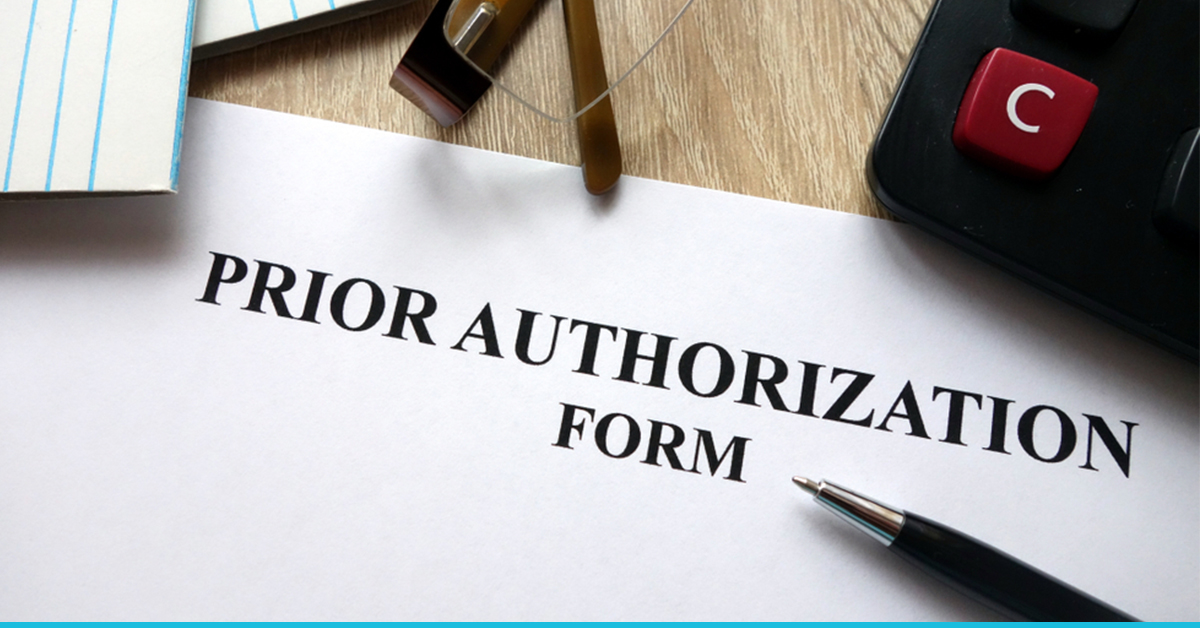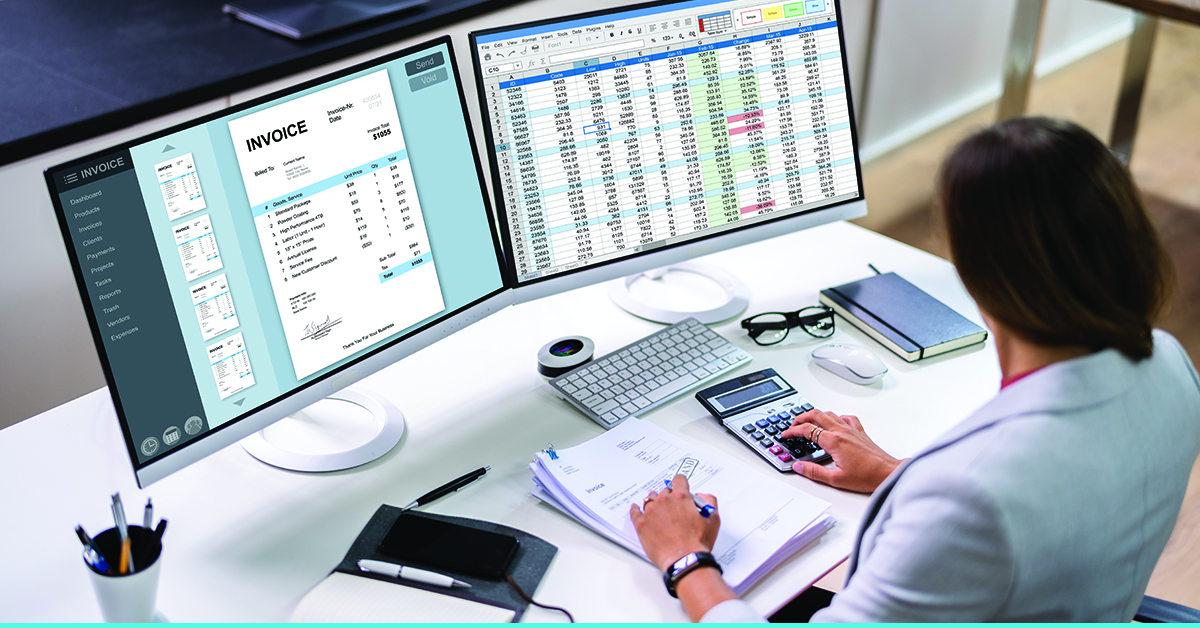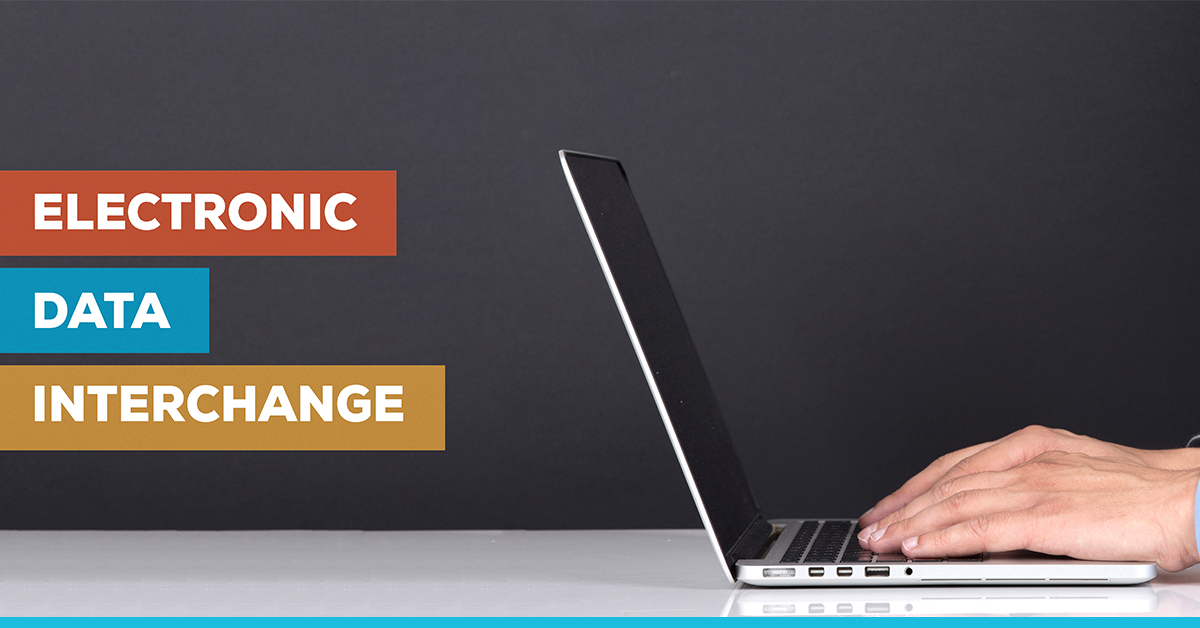The prior authorization process haunts physicians and steals the precious time that could be spent on delivering quality care. Authorization denials hinder the care process by delaying the necessary service delivery.
The survey by AMA, i.e., the American Medical Association, reveals eye-opening statistics related to the burden of prior authorization faced by American doctors. As raised by prior authorization, the administrative burden of healthcare practices damages providers and slows patient care. According to the survey results, medical practitioners complete 41 prior authorizations per week and spend an average of 2 days per authorization. 88% of respondents deemed prior authorization a high hardship. 940 out of 1,000 physicians had to wait longer to assist their patients owing to prior authorizations (PA), and 8 out of 10 physicians indicated that their patients discontinued treatment during the delay.
Despite healthcare providers’ efforts to limit the amount of prior authorization claim denials, insurance companies continue to seek authorization for new consultations and procedures. Consequently, the number of denied claims has grown.
Do you also face difficulty related to prior authorization denials that disrupt the whole process of your workflow?
Let’s explore everything about authorization denial here. This article also discusses the types of authorization in medical billing.
Authorization Denial
In medical billing, “authorization” refers to the payer’s agreement to pay for specified treatments before execution. These services are also referred to as preauthorization and prior authorization. As the name suggests, the insurance provider must authorize the planned treatment or service. Failure to do so leads to authorization denial.
A variety of procedures require insurance company approval before they can be performed. When determining an individual’s eligibility for insurance, it is necessary to establish whether some services require prior authorization. The request will be made based on the patient’s health insurance coverage. Before granting coverage, insurance companies must approve requests for necessary medical treatments and benefit conditions. The preauthorization number must be included on the final claim form submitted following the treatment. Preauthorization is a component of medical billing that guarantees claims are processed efficiently and error-free. If there is no pre-approval, invoices are not paid.
Let’s find out the reasons for authorization denials and how to avoid them:
1. Claim without Prior Authorization Number
Automated systems process the claim; if there is no prior auth number, the system denies it. A manual check is necessary to prevent authorization denial because of a lack of numbers. Double-checking the claim before submitting it is a good practice to save time and money.
2. Claim with only one Pre-Approved Service
A claim can be refused because just one of the claimed services was authorized beforehand. Personnel responsible for billing and coding must pay special attention to all services specified on a claim. Staff members responsible for billing and coding must cooperate with providers to ensure that providers understand which services require prior authorization and that all authorizations are received before the delivery of services.
3. Failure to Obtain Authorization Prior Treatment
It might be challenging when you need to treat a patient in an emergency and do not have time to seek pre-authorization. It is particularly significant when the patient’s condition is critical. In an emergency, payers are typically more likely to cooperate. On the other hand, they are typically quite rigid regarding non-emergency care.
4. Incorrect Claim Process
The incorrect processing of the claim by the payer leads to authorization denial. It is thus crucial to identify why the claim is wrongly processed. Warranting the reason is vital for preventing it. Identifying the error’s reason helps in the future by avoiding the mistake.
Types of Authorization in Medical Billing
The common types of authorization in medical billing are prior and retroactive authorization.
Retroactive authorization requests the payers for approval after the treatment is provided. It is provided in emergencies when the patient is mostly unconscious and immediately needs the service.
Prior authorization, as explained earlier, is the approval made before the provision of treatment or service.
Medical practitioners and organizations can take several measures to make managing pre-authorizations easier. Since insurance companies modify the requirement for pre-authorizations depending on the standards, healthcare providers must remain current on the constantly changing clinical criteria for each illness state. When a patient orders a prescription drug in a manner that deviates from the norm, they are frequently required to receive prior approval from their health insurance company. In this case, preparing a list of the medications and treatments covered by each plan may be useful. These lists can also be incorporated into an electronic health record to alert physicians if they seek something that requires prior approval. Delays can be reduced in patient care by remaining up-to-date with insurer policies and formularies.
It may be advantageous to reduce the time doctors spend on the phone with insurance companies by designating and training individual staff to handle prior authorization requests. Having a Prior Authorization Certified Specialist on the team to aid with the administrative procedure is advantageous in multiple ways.
It is essential to establish effective documentation policies. The approval procedure will be a lot quicker if you maintain track of everything you’ve attempted in the past. Long-term maintenance of detailed records of past authorization requests can help facilitate renewals.
See Also: Billing And Coding For Pulmonary Procedures
Conclusion
Doctors strive to deliver the best possible care to their patients as quickly as possible while ensuring that their treatment options are effective, legal, and cost-efficient. Prior authorizations and claim denials are time-intensive procedures that might delay emergency medical care. However, outsourcing this complex process to Precision Hub (PH) can save time and energy. We are among the leading medical billing firms in the industry to handle all your prior authorization needs.
PH is an all-inclusive revenue management solution for the physician in the US. We aim to improve the financial health of your practice. Our experts are proficient in handling denied claims and preventing them in the future. It helps your practice generate more money.
With our years of experience in medical billing and coding, we build a solution to your clinic’s specific needs. Get in touch with our experts at Precision Hub to learn more about how we help manage authorization denial or support your medical practice.

















